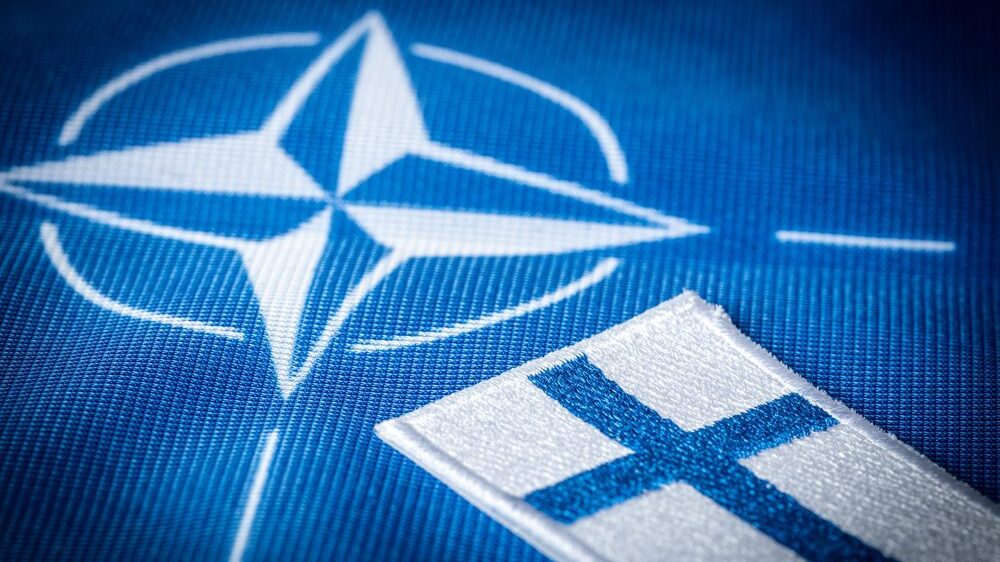
After months of obstinacy, Turkey is giving the Finns—not the Swedes—the green light to join NATO. “We have decided to initiate the ratification of Finland’s accession process to NATO in our parliament,” Turkish President Recep Tayyip Erdoğan said on Friday, March 17th.
As reported by Reuters, the Turkish leader made the statement in Ankara, after having met with his Finnish counterpart Sauli Niinistö.
While Finnish President Sauli Niinistö welcomed Turkey’s decision, he also expressed solidarity with the neighboring country, which he believes should be part of the military alliance.
Ratification is expected before the Turkish parliament goes into recess in mid-April, ahead of the parliamentary and presidential votes scheduled for May 14th. This brings Finland one step closer to NATO membership.
Any accession of new member states requires a unanimous vote from all existing NATO members. Turkey and Hungary are the only ones that have not yet ratified Sweden and Finland’s applications.
While supportive of accession proceedings, Hungary has been delaying initiating the ratification procedure—a fact attributable to its seeking to force concessions from the EU, which is withholding funds over a dispute on the rule of law.
In a telephone interview with Reuters, NATO Secretary-General Jens Stoltenberg said the announcement was “a good day for everyone that believes in NATO enlargement,” and that “Finnish membership will strengthen NATO, it will strengthen Finnish security. It will also strengthen Swedish security.”
By phone, Stoltenberg had also spoken to Erdoğan, who had told him that Turkey was determined to continue talks with Sweden, with progress directly related to the concrete steps that it takes.
Thus far, Ankara remains unbending concerning Sweden’s bid. It claims Stockholm provides a safe haven for members of what Turkey calls terrorist groups, particularly the Kurdish militant group PKK.
As a quid pro quo, Turkey has demanded the extradition of an odd 130 people, alleged to be PKK supporters as well as those of Islamist cleric Fethullah Gülen, held responsible for a failed 2016 coup in Turkey.
Legally, the matter is complicated if not insoluble, since many of these hold Swedish citizenship.
These are not the only grounds on which such refusals rest. Last December, Sweden’s Supreme Court blocked the extraditing of a prominent Gülenist, ruling that several of the Turkish charges against him were not crimes under Swedish law and that there was “a risk of persecution based on this person’s political beliefs.”
Since then, a series of incidents—involving an activist’s burning of the Quran in Stockholm, followed by the burning of a Swedish flag in Turkey—have only exacerbated the strain on the two nations’ diplomatic relations.
In that light, Erdoğan’s Friday statement that Turkey had dropped its opposition to Finland’s accession after the country had taken “concrete steps” to crack down on terrorist organizations should be read as an implied slight of Sweden.
After Russia’s invasion of Ukraine, Finland—which shares a long border with Russia—and Sweden both applied for NATO membership. By doing so, they abandoned their decades-long doctrine of military neutrality.
Finland’s entry into NATO would mark the military alliance’s first enlargement since 2020, when it welcomed North Macedonia into its ranks.
